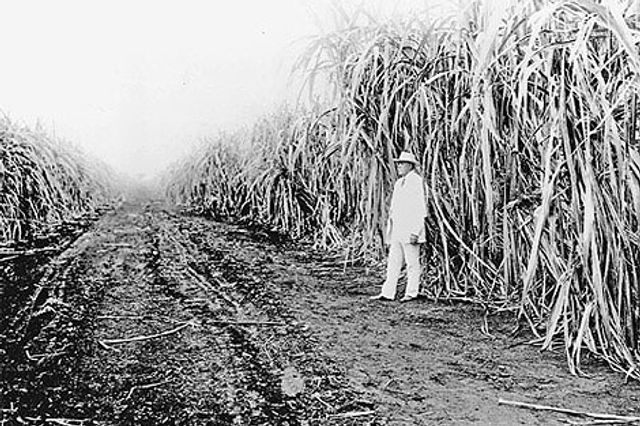World Socialist Web Site
 A Puerto Rican sugar plantation
A Puerto Rican sugar plantation
On April 6, 1916, the Puerto Rican Free Federation of Laborers, affiliated to the American Federation of Labor, issued an appeal to workers in the US and internationally calling for support for striking agricultural workers. It denounced the “reign of industrial tyranny and oppression [which] is governing supreme over life and labor.”
Under conditions in which sugar was selling at record high prices, the federation declared a general strike in the sugar-producing region of Puerto Rico, demanding wages of $1 for an eight-hour day. More than 20,000 agricultural workers had been on strike since January for better conditions, wages and the eight-hour day. Police and local magistrates collaborated with the major sugar trusts against the workers.
In the town of Juana Diaz, police fired on strikers and other townspeople without provocation. One was killed instantly while two more died in the hospital. Four women, two boys and 10 men were wounded. In the town of Rio Grande, police fired upon, clubbed, and cut strikers.
Police also opened fire on and clubbed striking workers in Loiza, “killing one like a dog,” according to the reports. Several others were wounded. In Arecibo, police killed one striker, wounded many more and made numerous arrests. Peaceful parades of women were also broken up with gunfire. In Bayamon police fired on the assembly hall of the AFL. The workers’ appeal stated that “clubs and bullets are used freely to frighten poor laborers in the country.”
WSWS for more
